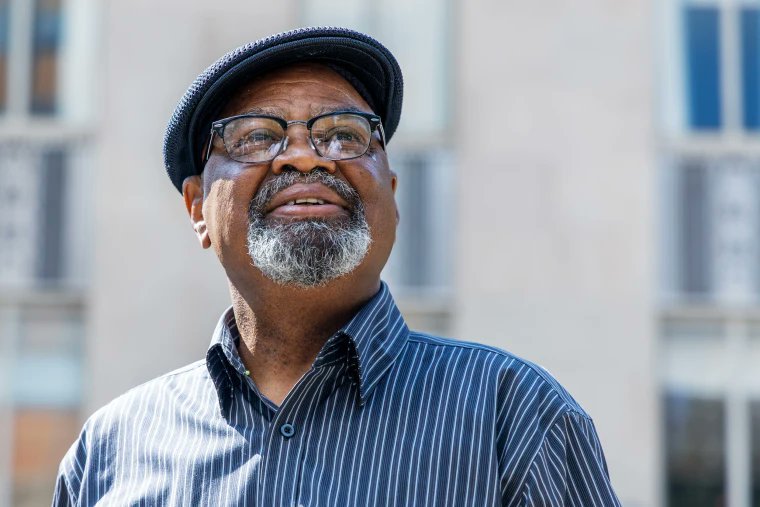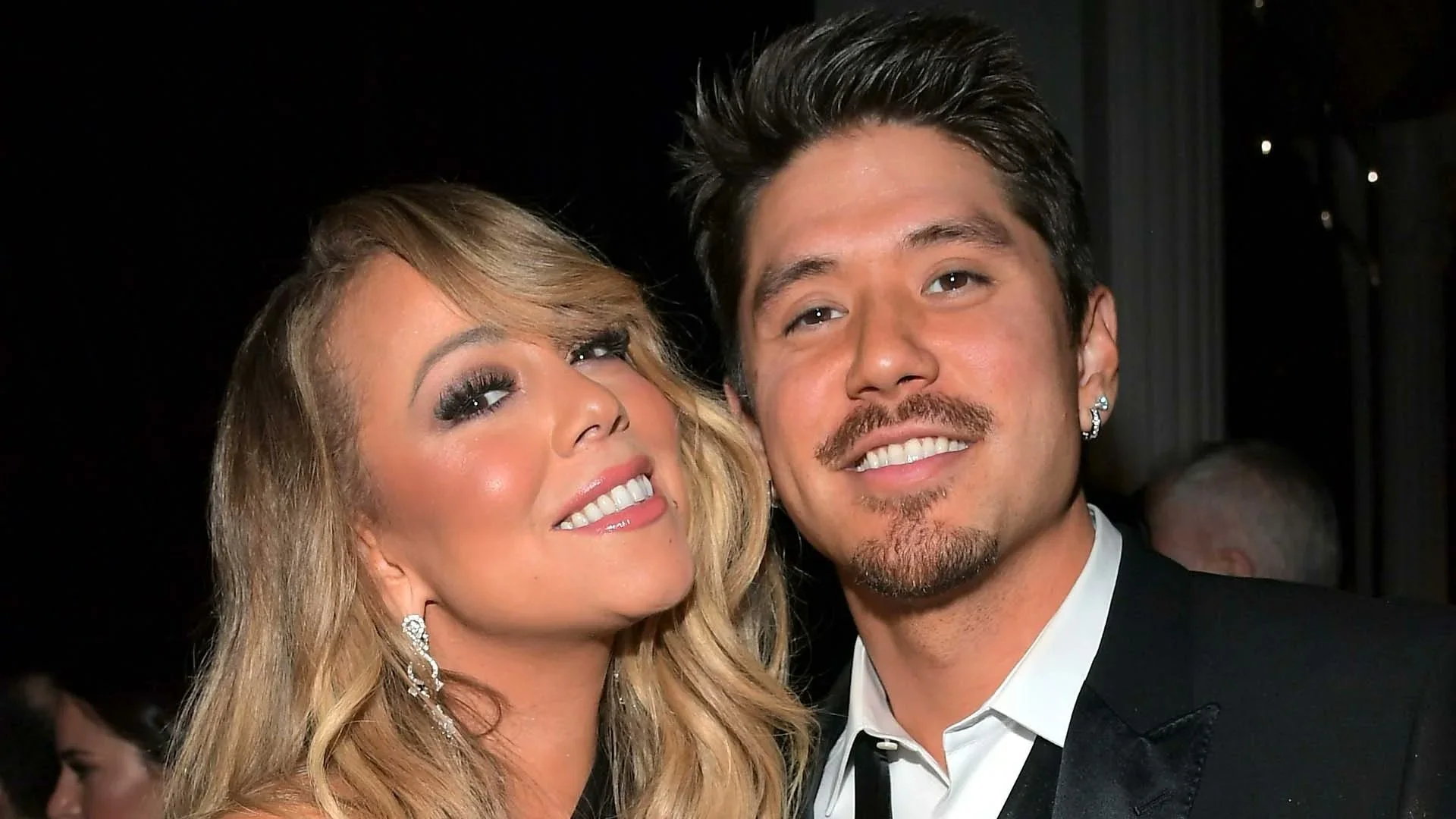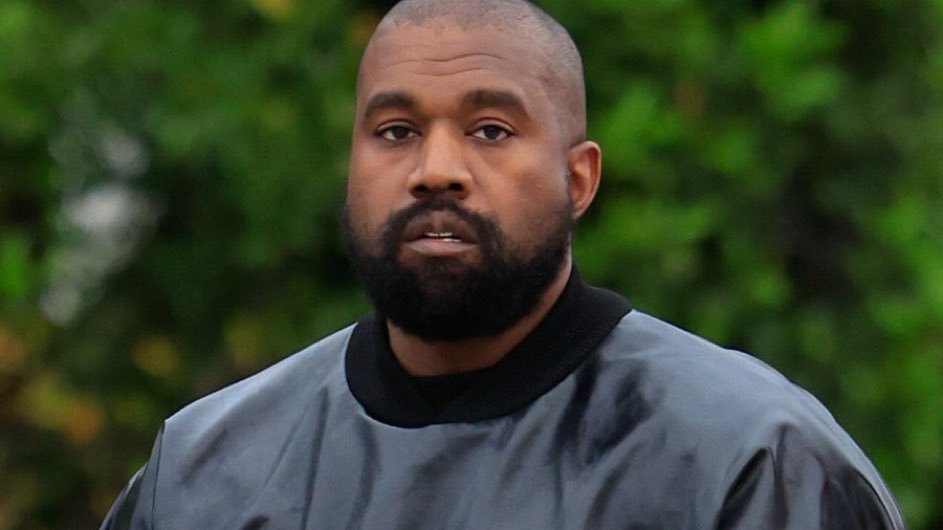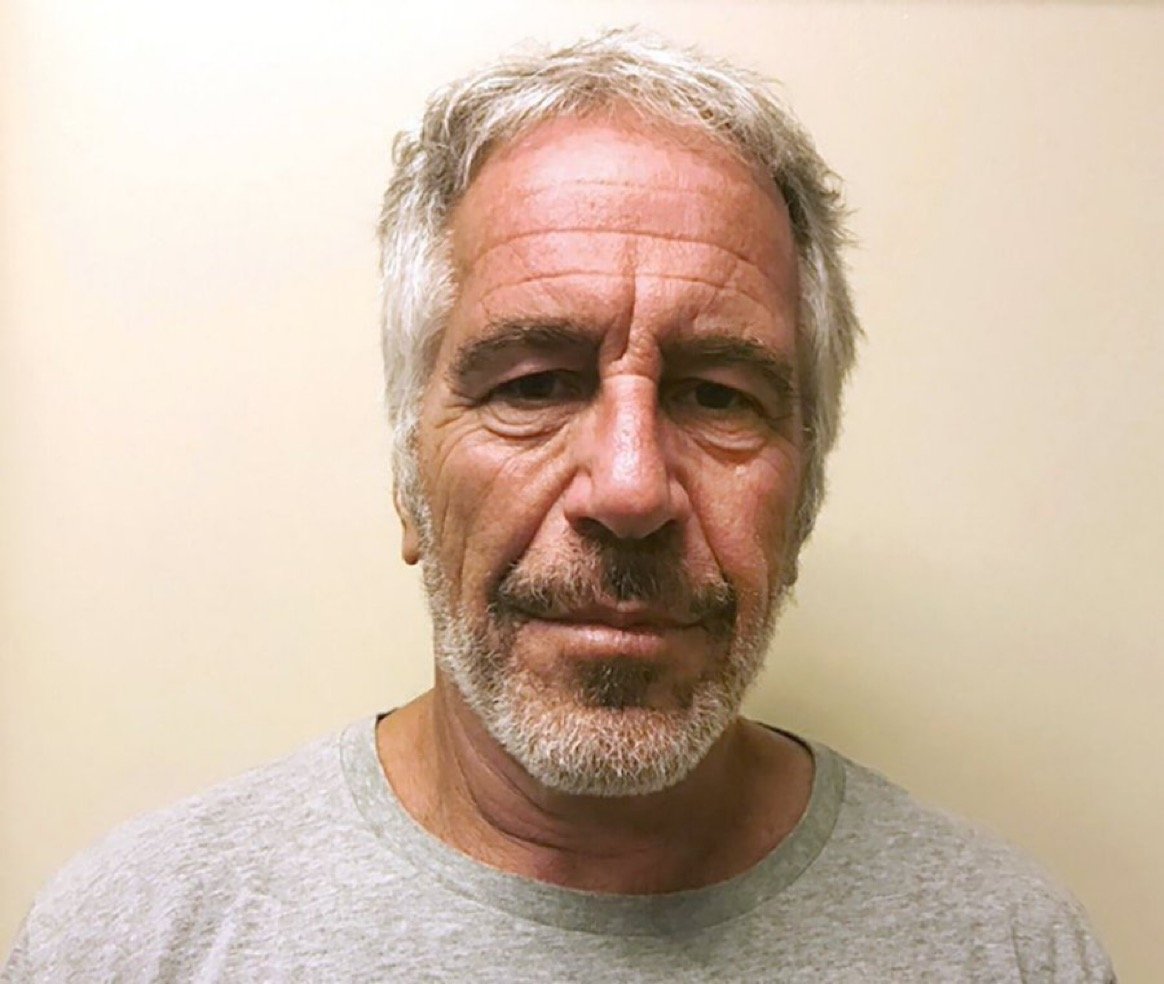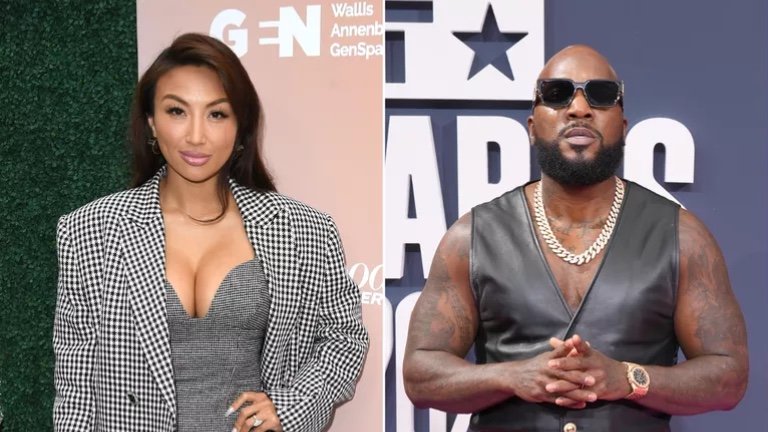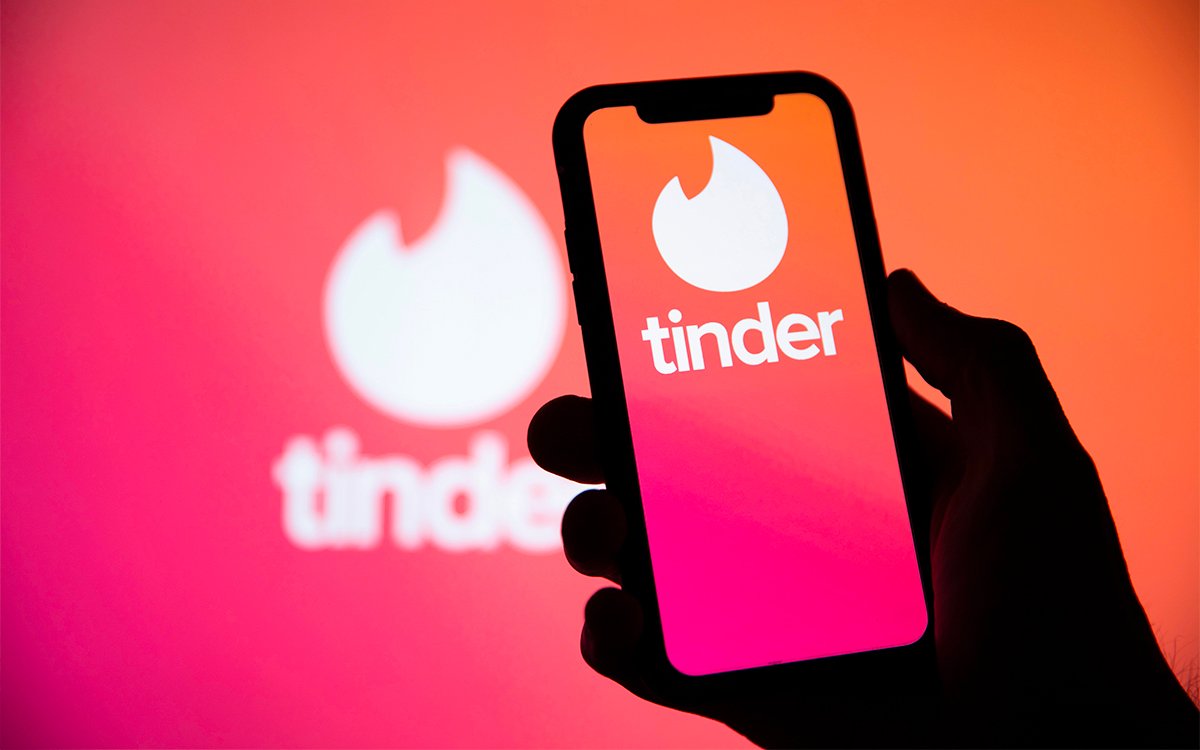In a surprising move, Tinder, the popular dating app, has recently introduced a premium subscription plan priced at a hefty $499 per month. This bold step has sparked a wave of discussions and debates within the online dating community. Let's explore what this new subscription plan entails and how it might reshape the landscape of online dating.
Tinder, known for its free and easy-to-use platform, has always offered a range of features for users to connect and interact. However, with the introduction of the $499 monthly subscription plan, the company seems to be targeting a more exclusive and high-end market segment. So, what does this premium plan offer that justifies its substantial price tag?
One of the key features touted in this premium plan is an enhanced algorithm that promises to provide users with more accurate and refined match suggestions. The algorithm reportedly takes into account a broader set of user preferences, interests, and compatibility factors. This move towards more sophisticated matchmaking could potentially attract users who are seeking more meaningful connections.
Additionally, subscribers to the $499 plan gain access to an exclusive set of advanced filters. These filters allow users to fine-tune their search criteria to a remarkable degree, specifying details such as lifestyle choices, career paths, and even specific hobbies. This level of granularity in filtering aims to streamline the matching process and increase the likelihood of finding someone with highly compatible traits.
Tinder's premium subscribers will also benefit from an ad-free experience, eliminating the interruptions and distractions that can sometimes detract from the overall user experience. This ad-free feature aligns with the growing trend of subscription-based models in various digital platforms, providing users with a more seamless and enjoyable interface.
The introduction of a premium subscription plan of this magnitude has, unsurprisingly, sparked mixed reactions. While some users appreciate the potential for more accurate matches and the ad-free environment, others express concerns about the exclusivity and affordability of such a high-priced plan. Many argue that this move may inadvertently create a tiered system, where those who can afford the premium plan have access to a superior dating experience, potentially reinforcing societal inequalities.
Tinder, on its part, defends the high cost by emphasizing the value-added features and the investment in cutting-edge technology to enhance user satisfaction. The company asserts that the premium subscription is designed for a niche audience seeking a premium dating experience.
It remains to be seen how this bold move by Tinder will impact its user base and the wider landscape of online dating. Will users be willing to shell out $499 per month for an enhanced dating experience? Only time will tell whether this premium subscription plan becomes a game-changer or a niche offering in the diverse world of online dating platforms.
Tinder's Chief Product Officer, Mark Van Ryswyk, sheds light on the rationale behind the introduction of the $499 monthly subscription plan. According to Van Ryswyk, the decision was driven by a recognition of a subset of highly engaged and active users who value more effective and efficient ways to find connections.
In his statement, Van Ryswyk highlights the company's commitment to meeting the specific needs of this discerning user segment. He notes that Tinder engaged in extensive tests and gathered feedback from this audience over the past several months. The goal was to understand their preferences and expectations, ultimately leading to the development of a completely new offering.
This emphasis on user feedback underscores Tinder's dedication to a user-centric approach. By involving the target audience in the development process, the company aims to tailor the premium subscription plan to address the distinct requirements of users who prioritize a premium and refined dating experience.
Van Ryswyk's mention of "more effective and efficient ways to find connections" suggests that the premium plan is designed to offer a higher level of precision in matchmaking. The advanced algorithm and exclusive filters mentioned earlier align with this objective, indicating a strategic effort to elevate the quality of connections made on the platform.
As Tinder ventures into the realm of premium subscriptions, the words of its Chief Product Officer provide insight into the thoughtful and deliberate approach taken to cater to a specific user base. The success of this new offering will likely depend on how well it resonates with the identified subset of users seeking a more tailored and advanced dating experience.

